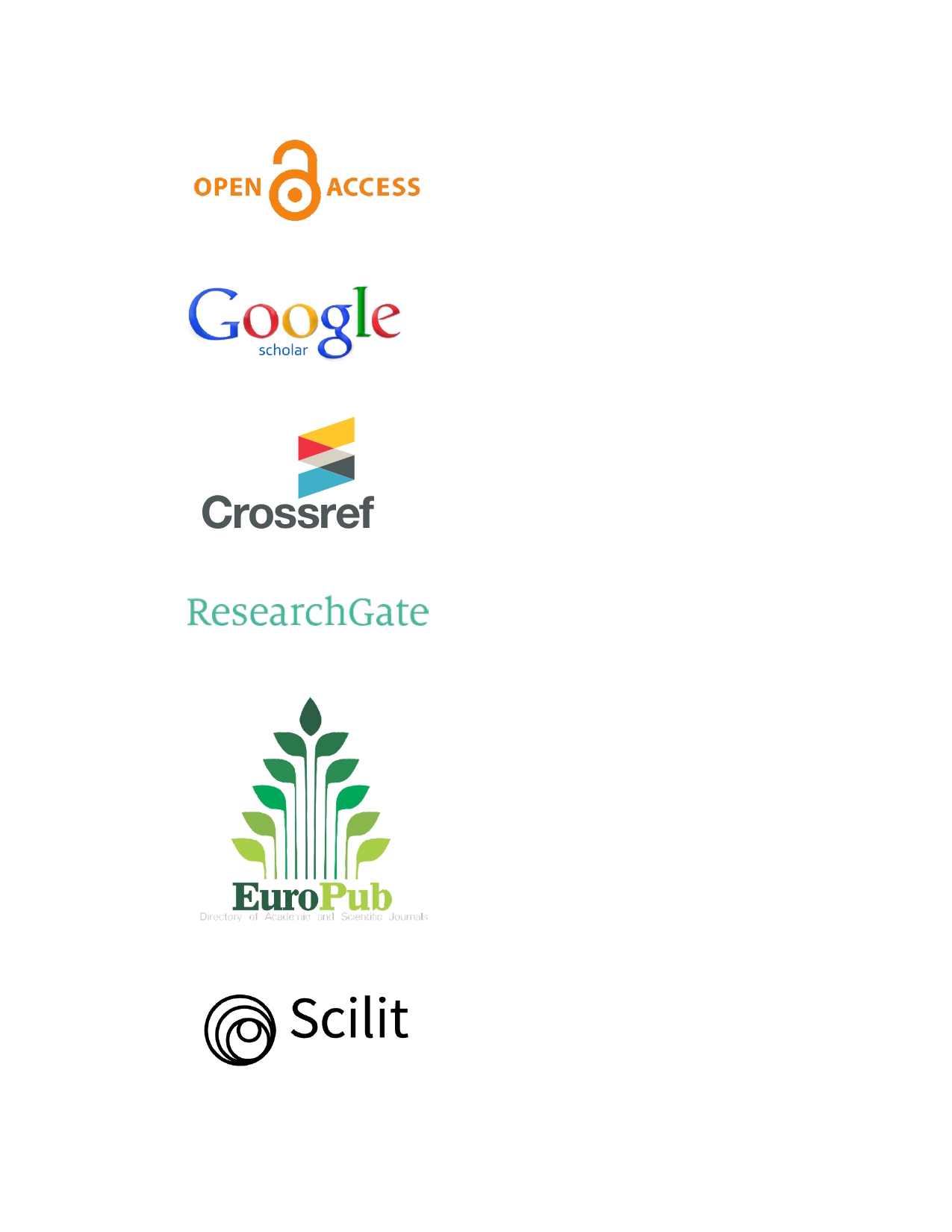Problems And Challenges of Quality Education in Ethiopian Higher Education Entrance Exams: A Case Study in Dire Dawa
Keywords:
academic, achievement, entrance examination, school, science, mathematics, cheatingAbstract
This study aims to investigate the problems and challenges of quality education in the Ethiopian higher education entrance exam in Dire Dawa. The National Educational Entrance Examination results from the past six years were used in administrative secondary schools located in rural areas to illustrate the trend in academic achievement in science and mathematics. Data from student and teacher surveys and a trend analysis of academic performance on entrance exams between 2017 and 2022 are the foundation of this study. The study utilized structured questionnaires and a random sample method to gather basic information. The results revealed that science and mathematics performance in secondary schools under the Dire Dawa administration is primarily due to inadequate quality teaching, inadequate resources and methods for learning and teaching students, and their negative attitudes towards science and mathematics. The data indicated that the most common causes of insufficient performance were the science and mathematics teaching techniques employed by instructors, a scarcity of reference materials, and well-equipped laboratories. Instructors must receive frequent in-service training to become acquainted with the latest digital and contemporary pedagogical strategies for teaching science and math. Based on the slant investigation, there's anticipated to be an advancement in scholarly accomplishment between 2017 and 2022. The most significant impediments to students' academic admission to the institution were school attendance (71.4%), self-study hours per week (70.9%), and language (68.8%). Seventy-six percent of those polled stated that their ability to succeed on the admission exam was hampered by the educational setting. Cheating is widespread from elementary through high school, according to 92% of those polled. The teachers were not assigned according to their specialization. For example, you may have an engineering degree but teach math, physics, or chemistry. To improve the quality of education, we can build school communities in which all stakeholders come together to share ideas, challenges, and solutions within a cross-sectional learning framework.
Downloads
Published
How to Cite
Issue
Section
License
Copyright (c) 2024 B. S. Goshua, E. Abasb, Tewodros Misganaw, Melaku Woldeamanueld

This work is licensed under a Creative Commons Attribution 4.0 International License.






